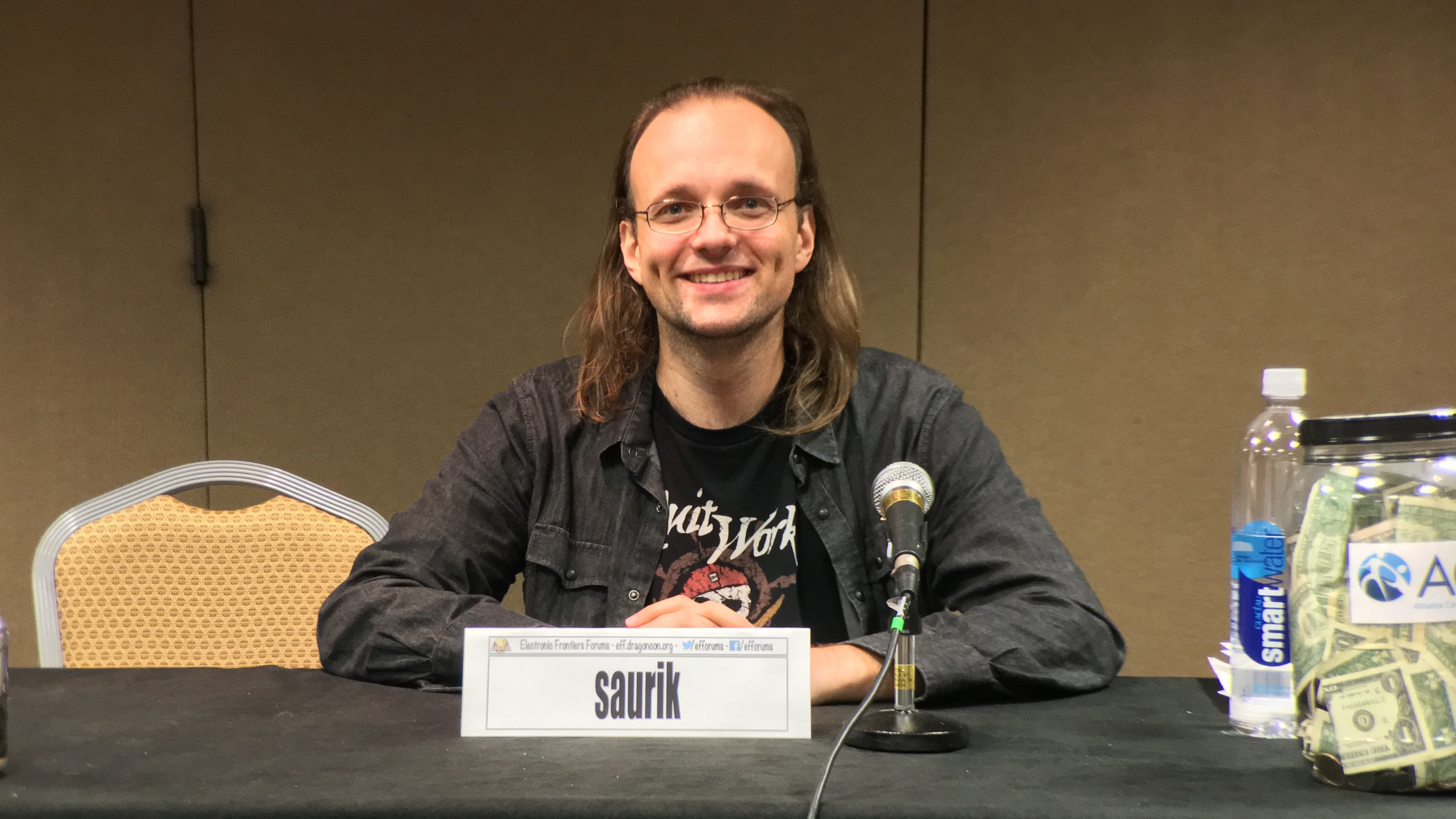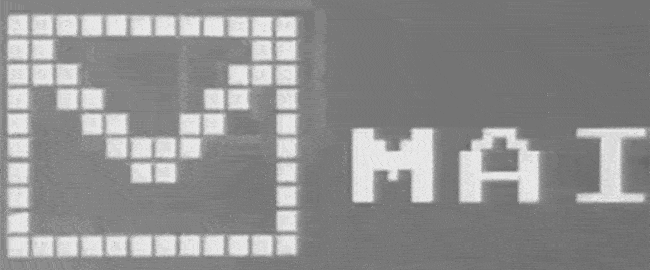
Saurik, circa 2016. (via Twitter)
Jay Freeman, a.k.a. saurik, needs no introduction in the mobile-hacking community.
Freeman’s work in attempting to make an ecosystem for jailbroken iOS devices was noble and valuable and arguably created a community of tech-savvy phone users that arguably pushed Apple to make better, more flexible operating systems in the long run.
That’s one view of the Cydia app store, which for many years was the best-known alternative app store on iOS (and essentially, a conversion of Debian’s APT installer tool from the Linux ecosystem for iOS). However, that noble stance covered up the fact that Freeman was essentially trying to run a business on extremely shaky ground—working in a gray area, Freeman had created an app ecosystem that was under threat of being crippled by a large company at basically any time.
Eventually, Freeman gave up on making Cydia into a business, and took another route instead. (Among other things: He recently caught a major bug in Ethereum, which led to him getting paid $2 million in a bug bounty.)
https://twitter.com/saurik/status/1337094724813918208
But an interesting thing happened that could likely change the dynamic of Freeman’s work and public profile: See, he’s suing Apple under antitrust law, saying that Apple’s moves to tighten integration with the App Store left alternative vendors like himself out in the cold.
And it looks like the lawsuit may have legs, as the federal judge in the case, Yvonne Gonzalez Rogers, essentially sided with Freeman that there was enough standing to keep his suit going. Apple claimed that Freeman had missed a statute of limitations, but the judge disagreed after Freeman updated his suit to make the claim that Apple essentially made running an alternate app store impossible on their platform. Freeman’s legal team argued that Apple baked the first-party App Store into the iOS code with system updates during a three-year period in which jailbreaking as an activity notably slowed.
Within a year from this final exclusion, plaintiff brought this lawsuit. Thus, plaintiff has plausibly alleged that Apple engaged in changes in its technological updates, which occurred within the four years preceding the filing of the lawsuit. Accordingly, to the extent plaintiff’s claims rely on Apple’s technological updates to exclude Cydia from being able to operate altogether, those claims are timely.
Apple now has a few weeks to respond to the ruling.
Rogers is known in the Apple sphere as the judge in the Epic Games antitrust case against Apple, and therefore is probably one of the best judges for Freeman to get. While the decision-making in the Epic case ultimately did not do much good for opening up the Apple ecosystem, Freeman arguably has a stronger case because he wasn’t actively trying to goad Apple into a reaction. Rather, he tried to work within the jailbreak ecosystem and ended up getting screwed out of his business by an increasingly aggressive approach taken by Apple.
Cydia—and, by extension, Saurik—might be our best shot at killing the App Store monopoly via the courts.
Time limit given ⏲: 30 minutes
Time left on clock ⏲: 4 seconds



